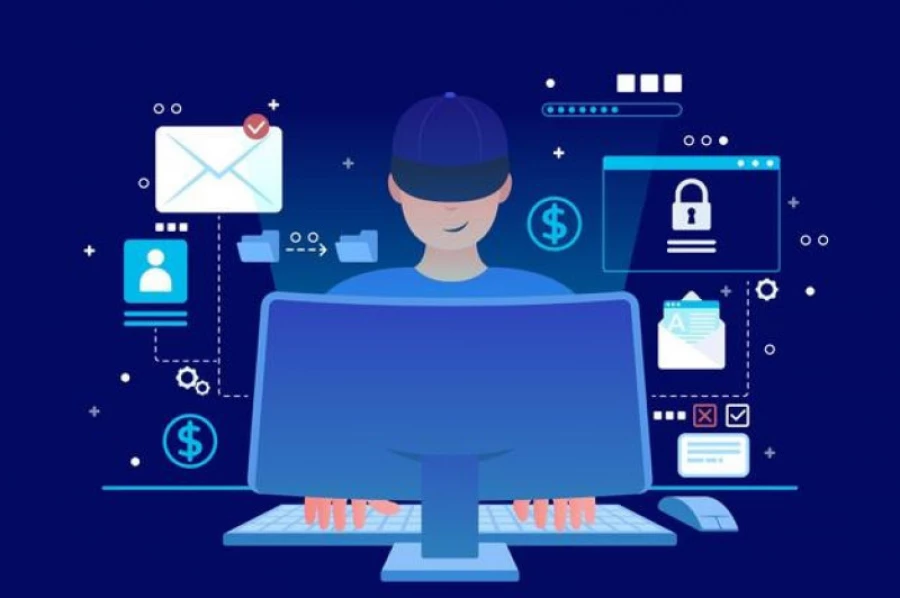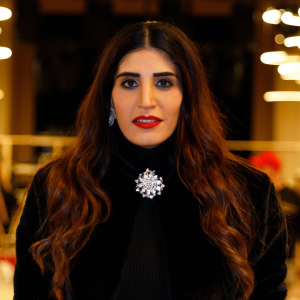In Dubai, staying in touch with loved ones back home isn’t as simple as opening WhatsApp and hitting the call button. Voice over Internet Protocol (VoIP) services like WhatsApp, Skype, and FaceTime are restricted in the UAE, forcing expats to find creative—and often risky—workarounds just to hear a familiar voice from across the globe.
For many, the solution lies in Virtual Private Networks (VPNs), which can bypass local internet restrictions. But behind that tech fix is a much deeper human story—one filled with emotion, struggle, and sheer resilience.
This is the story of Priya Mehta, a 34-year-old marketing consultant from New Jersey who moved to Dubai in 2021 to build a new life—and found herself cut off from the people who mattered most.

The Harsh Reality of Communication Blockades
“When I first landed in Dubai, I had no idea WhatsApp calls wouldn’t work,” Priya recalls. “I thought it was just a bad signal. It took me a week to realize it was actually blocked.”
The UAE government has strict regulations on VoIP services, mainly to protect its telecom providers like Etisalat and Du. This means platforms like WhatsApp, FaceTime, and even Zoom (in some cases) don’t allow voice or video calls—unless you use licensed alternatives like Botim or ToTok, which often come with poor quality and data privacy concerns.

For expats like Priya, these limitations are more than a minor inconvenience. “My parents are in their late 60s. My younger brother just had a baby. I felt completely cut off,” she says.
The VPN Lifeline: Risky, But Necessary
Priya’s solution came in the form of a VPN, a service that encrypts your internet connection and routes it through another country—effectively “tricking” apps like WhatsApp into thinking you’re calling from the USA or UK.
At first, she was nervous.
“I didn’t know if I was breaking the law or just bending the rules,” she laughs. “But after doing some research, I realized thousands of expats in the UAE were doing the same.”
Technically, using a VPN for personal reasons is not illegal in the UAE, but using it to access restricted services can be considered a violation of cybercrime laws, which come with heavy fines.
Still, for many like Priya, the benefits far outweigh the risks.
Staying Connected Became a Daily Ritual
Today, Priya starts every morning with a video call to her family back in New Jersey. “It’s non-negotiable,” she says. “Those calls keep me sane.”
She uses a premium VPN service that allows fast, encrypted connections and avoids frequent dropouts. It costs her around $10 a month—”a small price to pay for peace of mind.”
VPNs not only allow her to stay in touch via WhatsApp, but also give her access to U.S.-based streaming platforms and other blocked content.
“I can catch up on Netflix shows, attend Zoom workshops, and even join my book club back home. It feels like I never left.”
Balancing Freedom With Caution
Despite the relief VPNs provide, Priya remains cautious. She never discusses sensitive topics over calls, avoids using public Wi-Fi without a secure connection, and always uses a trusted, paid VPN provider.
“I’d never recommend a free VPN. Most of them are slow or unreliable, and some even steal your data,” she warns.
Instead, she recommends services like ExpressVPN, NordVPN, or Surfshark, which are known for strong encryption, no-log policies, and fast global servers.

Finding Community in the Digital Dark
Priya isn’t alone. Dubai is home to over 9 million expats, many of whom face similar communication challenges. Over time, she connected with WhatsApp support groups, Reddit threads, and local forums to exchange tips and VPN recommendations.
“There’s this unspoken bond among expats. Everyone knows the struggle. We help each other out.”
Some expats have even created lifestyle YouTube channels and Instagram accounts sharing tips on how to maintain long-distance relationships, navigate blocked content, and adjust to the digital limitations of life in the UAE.
From Isolation to Innovation
Ironically, this challenge with communication has opened new doors for Priya. She now hosts a weekly podcast called “Voices Without Borders”, where she interviews expats from around the world, discussing life in Dubai, digital censorship, and emotional wellness.
The podcast has grown steadily, with listeners tuning in from the U.S., UK, India, and the Middle East.
“What started as a venting session turned into a platform for healing. I get DMs from people saying they feel seen and heard for the first time,” Priya says, eyes misty.
Inspiring a Movement
Today, Priya has become an unofficial spokesperson for expats struggling with digital isolation in the UAE. She’s been invited to speak on online privacy panels, writes a regular column for a tech blog, and even created a downloadable guide called “Living Connected in Dubai: A VPN Starter Kit” for newcomers.
Her message is clear: “This isn’t just about making calls. It’s about keeping your identity, your relationships, and your emotional health intact—even in a place where the digital rules are different.”
The Bigger Picture: A Global Issue
The situation in Dubai is part of a wider global conversation about internet freedom, digital privacy, and government regulation. As more countries consider tightening control over online communication, stories like Priya’s resonate far beyond the UAE.
“People think tech solves everything. But in places like this, you realize tech can also isolate you—unless you take back control,” Priya says.
What You Need to Know Before Using a VPN in Dubai
For those considering using a VPN for WhatsApp calls or accessing blocked services in the UAE, here are Priya’s top tips:
- Use only trusted, premium VPNs with strong privacy policies.
- Avoid free VPNs, which often sell your data or offer unreliable connections.
- Never discuss sensitive or political topics over VPN calls.
- Don’t connect to public Wi-Fi without proper encryption.
- Always read the terms of service of your VPN provider and stay updated on UAE cyber laws.
The Final Word: Freedom, One Call at a Time
For Priya—and millions of others—VPNs are more than a tech tool. They’re a bridge between two worlds, a thread tying past and present, family and future.
“It may just be a WhatsApp call to someone else,” she says, “but for me, it’s everything.”
In a city known for its towering skyscrapers and futuristic ambitions, sometimes the greatest victories are invisible—the quiet, persistent human ones that happen behind screens and firewalls, one encrypted call at a time.
Do follow UAE Stories on Instagram













